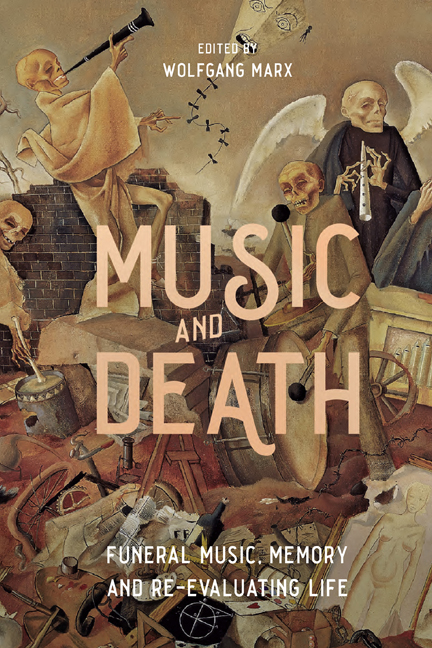11 - The B-52s, Loss, and Defiance
Published online by Cambridge University Press: 12 January 2024
Summary
The B-52s are a US rock and pop band from the late 1970s on. Their main record releases are seven albums and an EP (short album). Most of the albums easily group as three pairs, the albums within each pair stylistically and thematically linked: The B-52s (1979) and Wild Planet (1980); Whammy! (1982) and Bouncing off the Satellites (1986); Cosmic Thing (1989) and Good Stuff (1992). There are also two outliers: the partially completed and then abandoned album Mesopotamia (1982), released as an EP; and the much later Funplex (2008). A 1998 compilation, Time Capsule: Songs for a Future Generation, included two new songs.
In October 1985, band member Ricky Wilson died of AIDS-related illness. The members of the group were all close friends. Ricky Wilson's sister Cindy Wilson was in the band, and he and band member Keith Strickland had been friends since their teen years. Ricky Wilson's death was traumatic, marking a stark ‘before’ and ‘after’ in the life of the band. This essay will explore the effect of the loss on the band's music. To do that, I begin with a description of the ‘before’, the development of the B-52s up to 1985 and the completion of Bouncing off the Satellites, nearly done when Ricky Wilson died.
The B-52s were at the origin of a thriving, unconventional popular music scene in Athens, Georgia, a small city with a large state university. The scene was rooted in the intersection of queer residents and art school students and faculty. As the B-52s and then R.E.M. became famous, the unexpected blossoming of a creative bohemia in Athens was widely noted. Athens musicians were drawn into the wider world by way of downtown New York City connections and college radio stations. In the late 1980s, R.E.M. and the B-52s landed in the centre of mainstream popular music with R.E.M.'s Green (1988) and the B-52s’ Cosmic Thing.
- Type
- Chapter
- Information
- Music and DeathFuneral Music, Memory and Re-Evaluating Life, pp. 196 - 212Publisher: Boydell & BrewerPrint publication year: 2023



